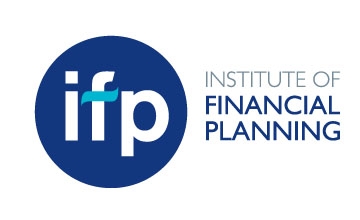The inclusion of Financial Planners in the Pension Guidance Levy is “neither fair nor proportionate”, the IFP has said.
Planners and other advisers categorised in the A13 fee block actually face a higher bill to pay for the Pension Wise service than originally thought.
The Pension Guidance Levy for the A13 group has risen from £4.2m to £4.7m due to the overall cost rising to £39.1m from £35m.
The regulator estimated around 2,920 financial advisers, whose main business is providing advice on retail investment products, will contribute £451,200 (9.6 per cent) of the £4.7m Pension Wise costs allocated to the A13 block.
{desktop}{/desktop}{mobile}{/mobile}
The FCA said in November that the A13 group would pay 12 per cent rather than the originally proposed 30 per cent. But the IFP told the FCA: “We do not believe the proposed 50 per cent discount goes far enough.
“Until there is evidence to show firstly that regulated financial advisers have benefited from the pension reforms, and secondly to what extent, we believe that no contribution should be made by A13 firms to the PGL.”
The IFP told the FCA in its response: “The proposed standards for guidance make little more than passing reference to directing consumers to specialist advisers, and even if the standards were strengthened, there is no guarantee that consumers will follow their guidance with a visit to an adviser. Money Advice Service referrals to advisers have been minimal and as such, it is difficult to see how the new guidance service will be any different.”
The IFP would support a review, however, if and when data is available.
The FCA acknowledged that there will be firms in A13 that will not benefit from Pension Wise.
It stated in its official consultation response: “We reduced the allocation of Pension Wise costs to 12% for A13 in recognition that financial adviser firms will only benefit if, after using Pension Wise, consumers seek advice from regulated financial advisers. However, the firms in the other four PGL fee-blocks will more likely benefit as the monies released through greater pension flexibility, if used for investment, will be distributed among them.
“We again acknowledge that from previous consultations the majority of respondents favour an allocation basis that would reflect what retirement financial products and services consumers are choosing. This data would need to reflect that position for each PGL fee-block, not just for A13 and be comparable across them.
“We continue to believe that such data is not available at this time and is likely to be challenging to obtain in the future. If such data does become available we will consider how efficiently and effectively it could be used to better align the allocation of the PGL to the firms that could benefit most.
“This is the same as for other fee-blocks, e.g. private client investment managers in A7 (portfolio managers) who may not find it profitable to provide their services for consumers with pension pots under a certain size. This reflects that the fee-blocks represent broad groupings of different firms with different business models.”

